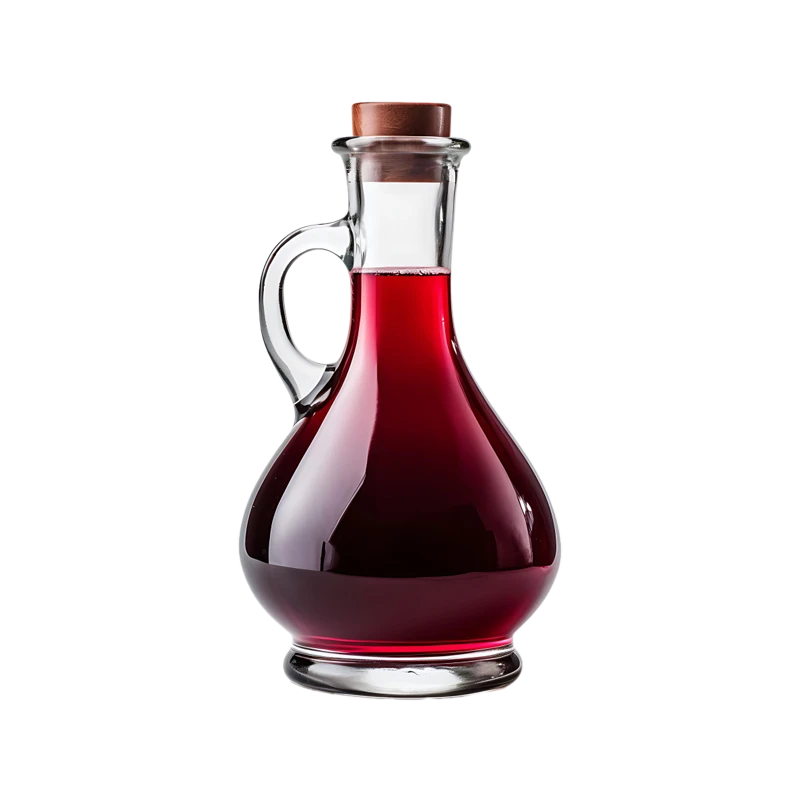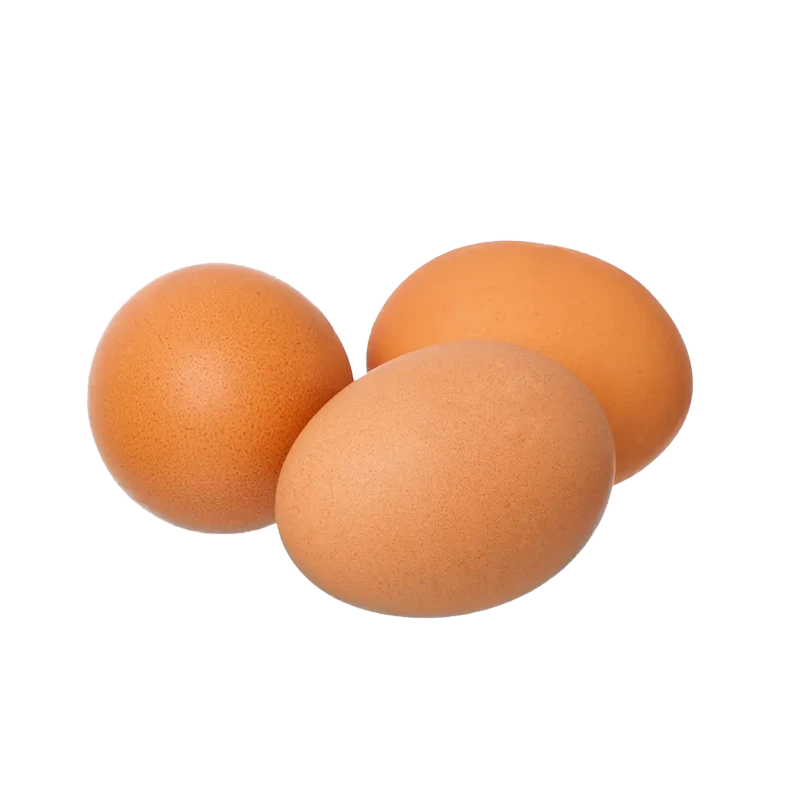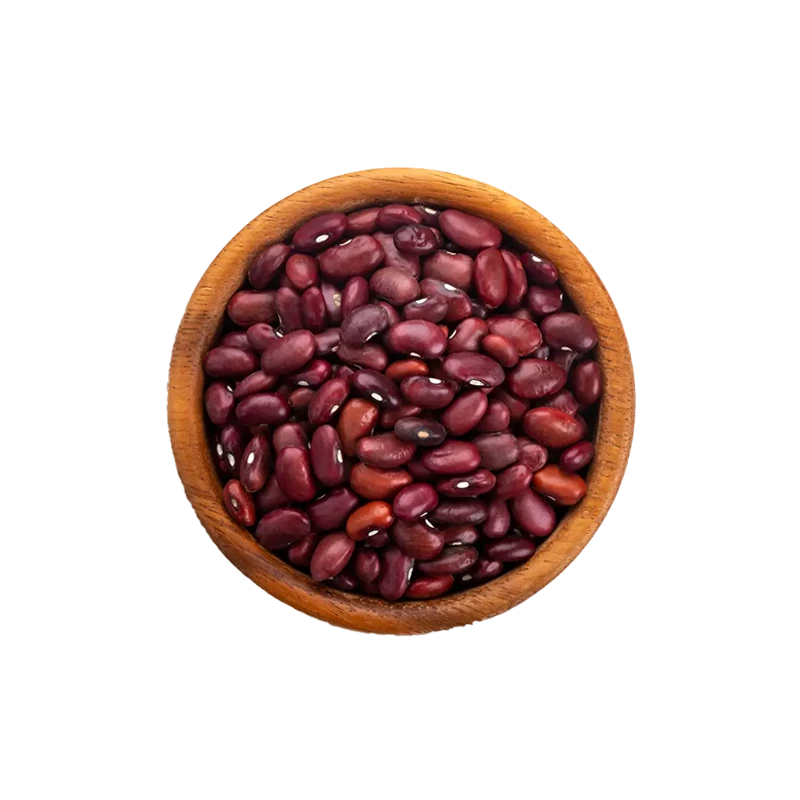Red Wine Vinegar — Nutrients, Health Benefits, And Shopping Tips

Written by Listonic Team
Last update on September 6, 2024
Red wine vinegar nutrients
Nutrition facts
Amount per 100 g
Calories
🔥 19 kcal
| Nutrition per: 100 g | Value | % Daily Value* |
|---|---|---|
| Carbs | 0 g | - |
| Fiber | 0 g | - |
| Sugars | 0 g | - |
| Glycemic Index | 0 | - |
| Protein | 0 g | - |
| Sodium | 2 mg | 0.09% |
| Total Fat | 0 g | - |
*The % of Daily Value (DV) tells you how much a nutrient in a serving of food contributes to a daily diet. 2,000 calories a day is used for general nutrition advice.
19
🍏 Low-Calorie Foods
Red wine vinegar facts & tips
Health risks
- Potential for digestive discomfort such as acid reflux, heartburn, or stomach irritation when consumed in large quantities, particularly due to its acidity.
- Risk of interactions with medications particularly those affecting blood pressure or digestion, as red wine vinegar may interfere with the effectiveness of certain drugs.
- Potential for contamination with sulfites or other preservatives, which may cause adverse reactions in sensitive individuals.
- Low nutrient density as red wine vinegar is typically used in small amounts as a condiment or cooking ingredient, offering limited vitamins or minerals.
How to choose red wine vinegar
Red wine vinegar should have a deep red color and a clear appearance, with no sediment. The bottle should be tightly sealed to ensure the vinegar retains its sharpness and aroma.
Avoid red wine vinegar that appears cloudy or has a dull color, as this can indicate it has been exposed to air and may have oxidized. Bottles that are leaking or have damaged seals should also be avoided, as the quality of the vinegar could be compromised.

How to store red wine vinegar
Red wine vinegar should be stored in a cool, dark place, ideally in its original bottle. Proper storage maintains its flavor and quality for up to two years. Keeping it tightly sealed is essential.
Light and heat exposure can degrade vinegar's quality. Avoid storing near heat sources or in direct sunlight. Ensuring the bottle is tightly sealed preserves its acidity and flavor, keeping it ready for culinary use.
✅ Extra Tip
How long does it last?
Red wine vinegar can last indefinitely when stored in an airtight container in a cool, dark place. Proper storage helps maintain its quality and flavor, making it perfect for dressings and marinades. For the best quality, use within 2-3 years.
What to do with leftovers?
Leftover red wine vinegar can be used in a variety of culinary and non-culinary ways. In the kitchen, red wine vinegar adds acidity and depth to dishes like salad dressings, marinades, sauces, and braises. It’s commonly used to deglaze pans, tenderize meats, and enhance the flavor of vegetables and grains.
Beyond cooking, red wine vinegar has several non-culinary uses. It can be used as a natural cleaner for surfaces, windows, and floors, thanks to its antibacterial properties. Red wine vinegar can also be used in DIY beauty treatments, such as mixing it with water to create a facial toner or hair rinse that helps to balance pH levels. Additionally, red wine vinegar can be used in the garden to help control weeds or as a natural fertilizer when diluted with water. It’s also effective in removing odors from clothing or shoes and can be used to freshen up laundry by adding it to the rinse cycle. In crafting, vinegar can be used to set dyes in fabrics or to create natural egg dyes for Easter.
👨⚕️️ Medical disclaimer
Discover products from other categories
Listonic Team
Fact-checked
Our editorial team checked this article to make sure it was accurate at the time of publishing it.
Get the top-rated shopping list app on your phone!







